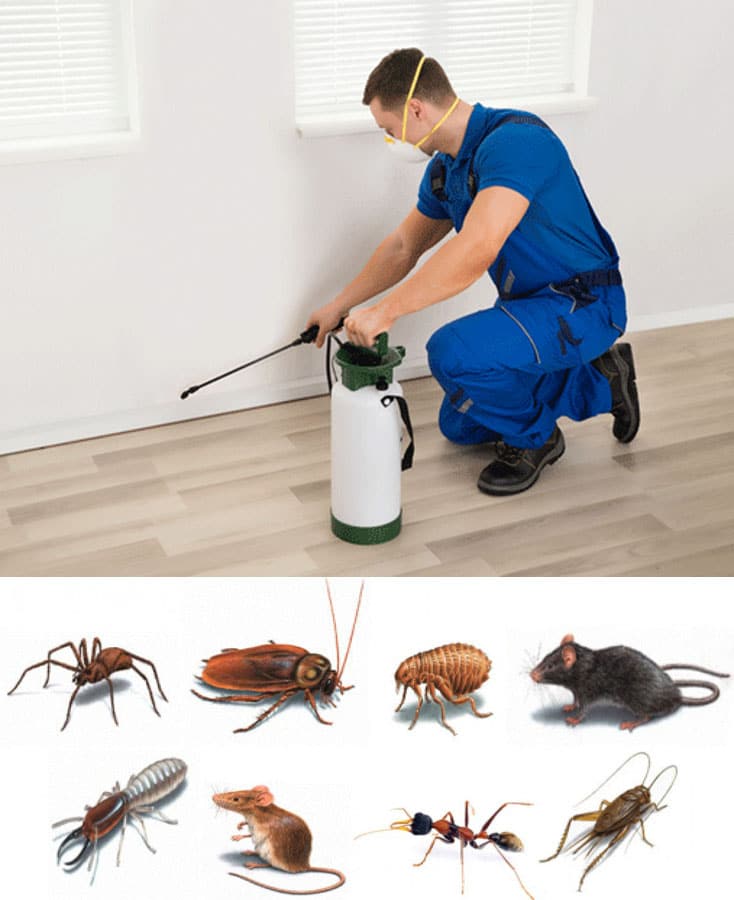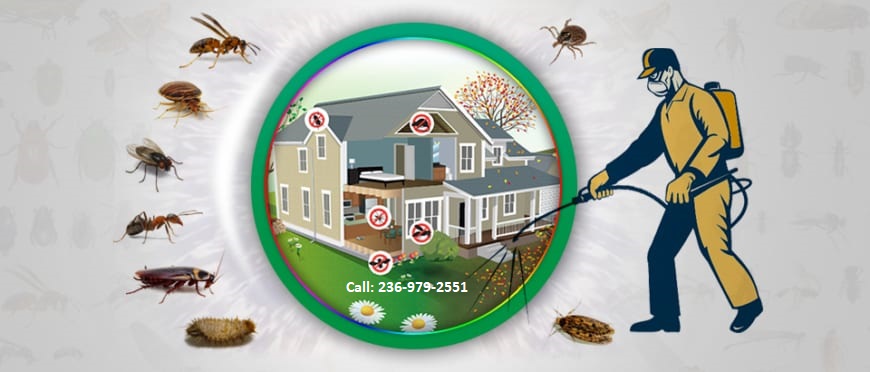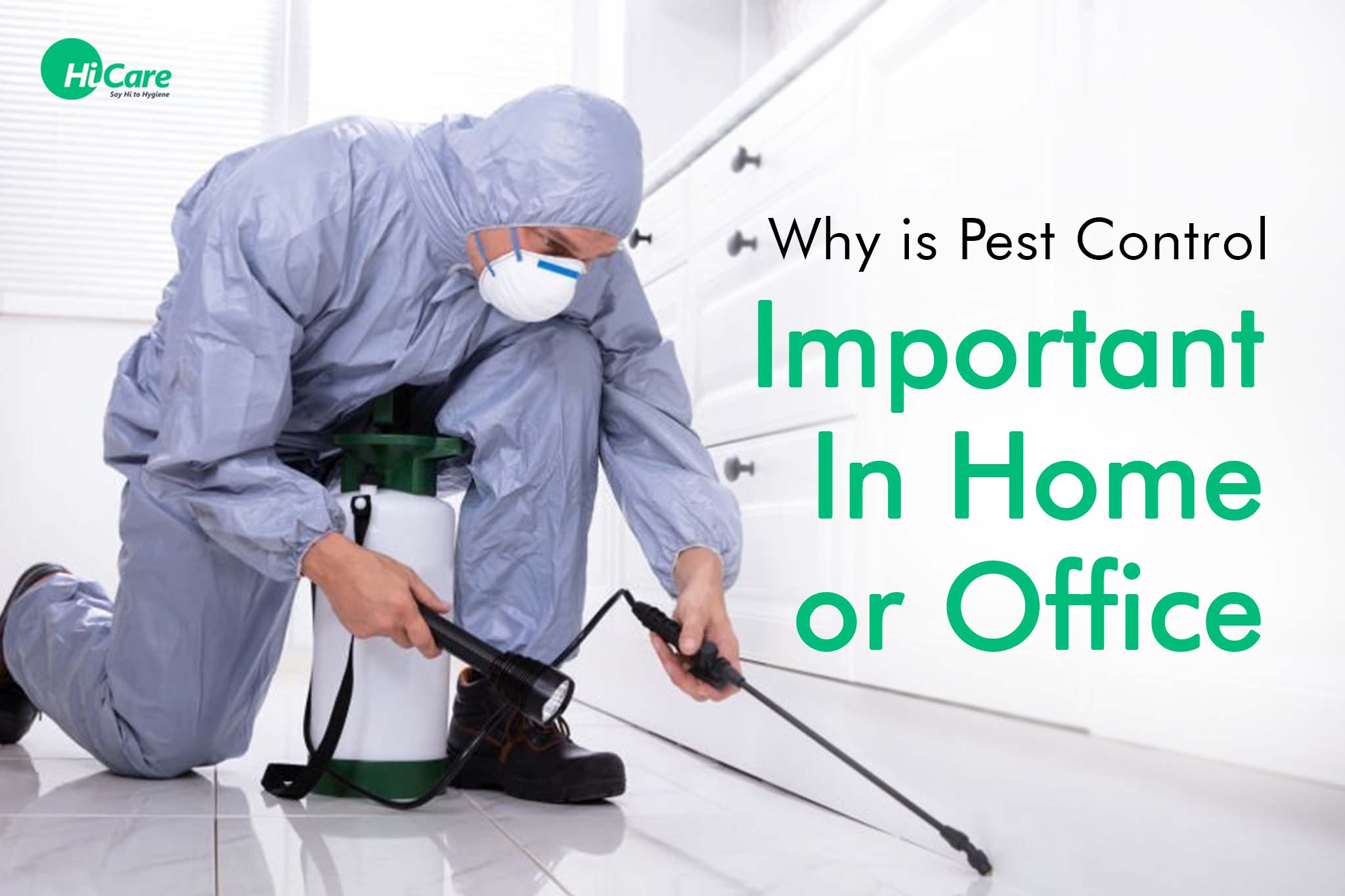Expert Pest Control Service Coquitlam: Protect Your Home from Invaders
Safe and Trustworthy Pest Control for Lasting Security
Efficient parasite management needs a diverse strategy that stabilizes ecological honesty with the need for efficient pest suppression. The subtleties of these methods might not be right away clear, motivating a more detailed assessment of the methods that can lead to lasting parasite control outcomes.
Recognizing Bug Control Methods
Parasite control encompasses a selection of methods targeted at managing and eliminating undesirable pests and rodents that can intimidate both wellness and residential or commercial property. Comprehending these methods is vital for reliable parasite management.
The primary classifications of insect control methods include mechanical, biological, and chemical strategies. Mechanical techniques involve physical barriers and catches to avoid bug entry and capture undesirable varieties. Utilizing displays on windows or employing sticky catches can considerably minimize bug populaces without introducing hazardous materials - exterminator coquitlam.

Chemical pest control is typically one of the most acknowledged approach, using pesticides to eliminate parasites. These chemicals can be efficient however need to be used with care to stay clear of negative results on non-target varieties and the setting.
Advantages of Eco-Friendly Solutions
Just how can eco-friendly services transform pest control practices? The fostering of eco-friendly bug control approaches supplies various advantages, dramatically enhancing the effectiveness and safety of parasite monitoring.

One more advantage is the positive effect on local biodiversity. Environmentally friendly options are created to target certain bugs while protecting advantageous bugs and wild animals, advertising a balanced community. This strategy aligns with the growing consumer need for lasting techniques, improving the track record of bug control carriers.
Integrated Parasite Management Methods
The implementation of green options normally leads to the fostering of Integrated Insect Monitoring (IPM) techniques, which even more boost bug control efficacy. IPM is a holistic technique that combines numerous methods to handle insect populaces while lessening environmental impact. This method emphasizes the usage of organic, cultural, mechanical, and chemical controls, making sure a balanced and sustainable approach of insect management.
One essential aspect of IPM is the extensive evaluation of pest activity and environmental problems. By checking parasite populaces and determining their life cycles, professionals can execute targeted interventions that disrupt the parasite's habitat or lifecycle, minimizing dependence on chemical pesticides. Additionally, cultural practices such as plant turning and environment control can dramatically reduce parasite facility and recreation.
Another important component is making use of organic control representatives, such as beneficial bugs or microorganisms, which can normally reduce insect populations. When chemical applications are required, IPM prioritizes using low-risk pesticides and uses them precisely, reducing direct exposure to non-target microorganisms and humans.
Integrating IPM techniques not just enhances insect control performance yet additionally promotes a much safer ecological community, lining up with the growing need for lasting methods in insect monitoring.
Safe Practices for Property Owners
Recognizing the significance of secure practices in pest control can equip house owners to successfully manage insect issues while safeguarding their health and the setting. Carrying out non-toxic approaches and preventive steps is vital in lessening direct exposure to dangerous chemicals.
House owners need to first assess their setting for problems that attract insects, such as standing water, click here for more food, and clutter waste. Regularly cleansing and sealing entry factors can hinder parasites from attacking the home. Using natural deterrents, such as crucial oils or diatomaceous earth, can provide reliable options to chemical pesticides.
When chemical treatments are needed, home owners need to go with products that are especially identified as secure for domestic usage. It is vital to comply with application standards diligently to avoid too much exposure. Additionally, utilizing targeted therapies in locations where bugs are identified, as opposed to covering spraying, can considerably reduce chemical use.
Last but not least, keeping open communication with parasite control professionals is essential. Property owners need to ask concerning the safety of products made use of and request green choices whenever possible. By embracing these safe methods, house owners can produce a much healthier living environment while properly taking additional hints care of pest concerns.

Tips for Long-Term Protection
Developing a parasite monitoring approach that stresses lasting security can considerably boost the effectiveness of the safe practices formerly reviewed. To attain this, homeowners need to apply normal evaluations of their home, focusing on concealed locations such as attic rooms, basements, and crawl spaces. Early discovery of bug task is critical in preventing infestations from holding.
Additionally, maintaining a tidy environment is essential. This includes correct food storage space, promptly cleaning spills, and consistently disposing of garbage. These techniques minimize attractants that attract bugs right into the home. Additionally, securing entrance points, such as fractures around doors and home windows, can effectively obstruct potential pest accessibility.
Landscaping must additionally be thought about; keeping plants cut and preserving a distance between plant life and the home lessens hiding spots for bugs. Making use of all-natural deterrents, such as necessary oils or diatomaceous planet, can further inhibit invasions without turning to severe chemicals.
Finally, teaming up with an expert pest control solution for periodic examinations can provide an additional layer of security. These professionals can offer customized referrals and advanced therapies, ensuring that your home stays secured versus insects in the long-term.
Conclusion
To conclude, reliable and risk-free parasite control requires a diverse technique that emphasizes environment-friendly methods and integrated bug monitoring. By implementing natural deterrents, carrying out normal inspections, and preserving correct sanitation, homeowner can significantly decrease have a peek at these guys bug populaces while shielding advantageous bugs and the setting. Cooperation with professional bug control solutions improves the performance of these methods, ensuring customized solutions that provide lasting security and satisfaction against future problems.
Effective parasite monitoring calls for a complex strategy that balances eco-friendly stability with the demand for reliable insect suppression. The adoption of environmentally friendly parasite control approaches offers numerous advantages, significantly enhancing the effectiveness and safety of parasite monitoring.The application of environment-friendly options naturally leads to the adoption of Integrated Parasite Monitoring (IPM) strategies, which further boost bug control efficacy. exterminator coquitlam. By keeping track of pest populaces and determining their life cycles, practitioners can apply targeted interventions that interfere with the insect's environment or lifecycle, reducing dependence on chemical pesticides.In final thought, secure and trustworthy insect control needs a diverse approach that highlights environmentally friendly approaches and integrated bug management